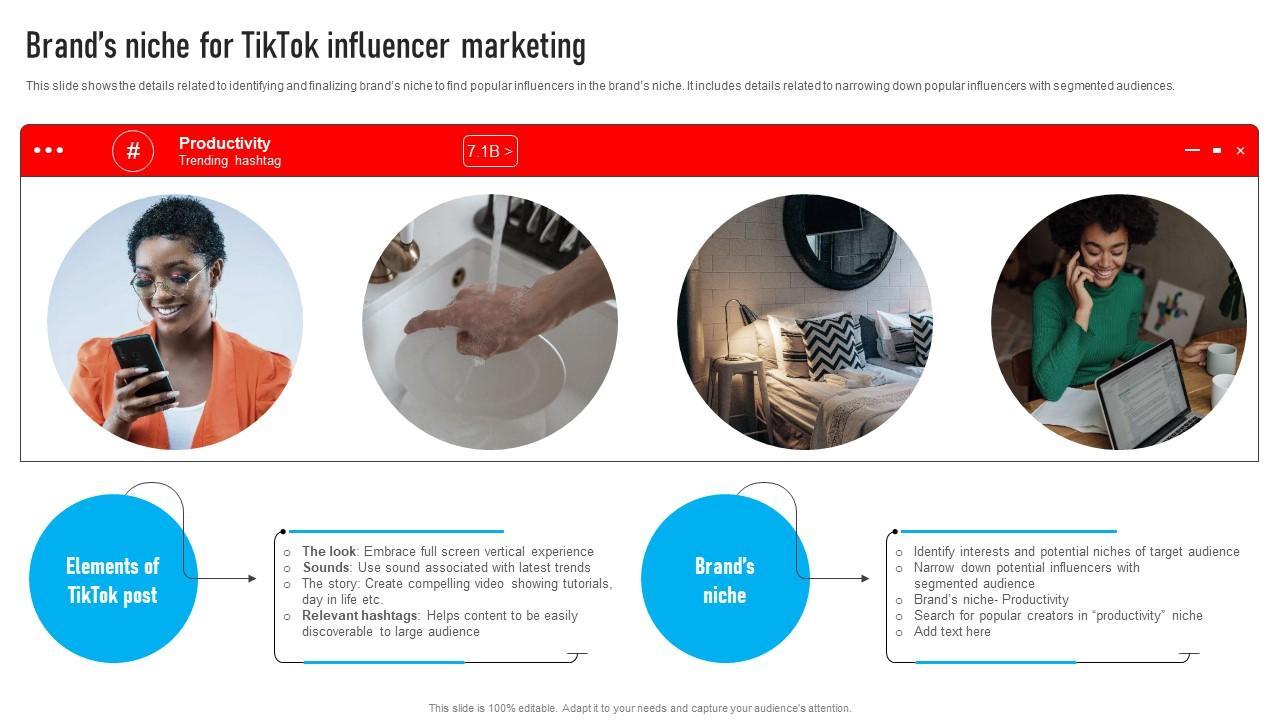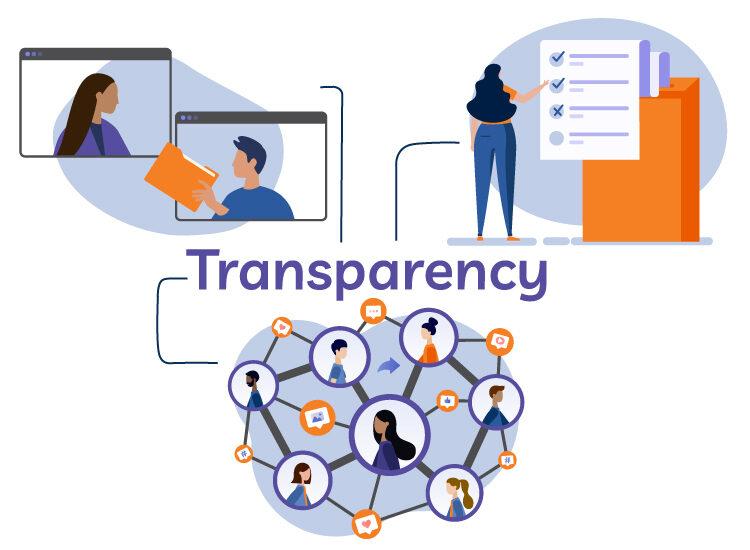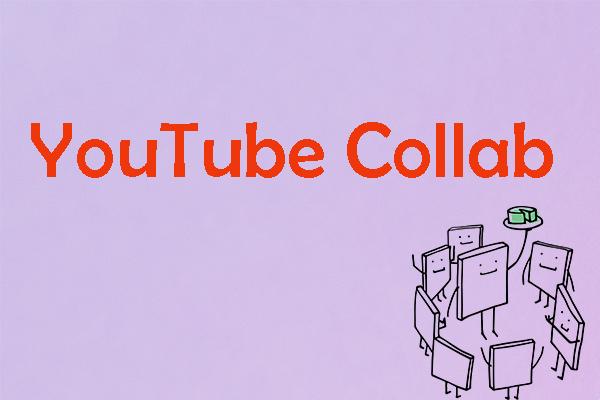
Navigating Legal Waters: YouTube Influencer Marketing Laws
In the ever-evolving landscape of digital marketing, few phenomena have surged as spectacularly as influencer marketing on platforms like YouTube. What was once a realm of unregulated creativity has transformed into a complex interplay of personalities, brand partnerships, and legal guidelines. As influencers wield their cameras to connect with audiences, the question looms—how do they traverse the intricate maze of advertising laws and regulations that govern their promotions? From Federal Trade Commission (FTC) disclosures to copyright considerations, understanding the legal framework is essential for influencers looking to maintain transparency and avoid pitfalls. This article embarks on a journey through the legal waters of YouTube influencer marketing,illuminating key laws,best practices,and the consequences of non-compliance—all vital knowledge for influencers,brands,and legal newcomers alike. Join us as we demystify the rules of engagement in this digital era where creativity and compliance must go hand in hand.
Understanding the Legal Landscape of Influencer Marketing on YouTube
As the digital landscape continues to evolve, influencer marketing on platforms like YouTube has garnered significant attention, raising intricate legal concerns. Understanding these laws is crucial for influencers, brands, and marketers alike to ensure compliance and avoid potential pitfalls. Key regulations primarily stem from consumer protection laws, advertising standards, and intellectual property rights. Influencers must be transparent about paid partnerships, utilizing clear disclosures to maintain trust with their audience. The federal Trade Commission (FTC) guidelines emphasize that endorsements must reflect genuine opinions and experiences, mandating the use of terms such as “#ad” or “#sponsored” in a conspicuous manner.
In addition to federal regulations,local laws and platform-specific rules can add layers of complexity to influencer campaigns. here are some important aspects of the legal framework:
- Contractual Obligations: contracts between influencers and brands should clearly outline deliverables, compensation, and usage rights.
- Content Ownership: Influencers may retain ownership over their creative work; though,brands frequently enough require licenses for advertising purposes.
- Copyright Issues: Influencers must ensure that all content, including music and visuals, adhere to copyright laws to avoid infringement.
| Legal Aspect | Key Considerations |
|---|---|
| Disclosure | Clearly indicate sponsored content |
| Contracts | Define roles and expectations |
| Copyright | Avoid using unlicensed material |

Transparency and Disclosure: Best Practices for Compliance
In the ever-evolving landscape of influencer marketing, clear transparency and proper disclosure practices are paramount to maintaining credibility and compliance with legal standards.Influencers, brands, and agencies must understand that failing to disclose partnerships or sponsorships can lead to significant legal repercussions and damage to reputations. Best practices for transparency include:
- Clear Language: Use straightforward terms like “ad”, “sponsored”, or “partnership” in the content.
- Prominent Placement: Ensure disclosures are easily noticeable,ideally at the beginning of a post or video.
- Consistent Practices: Develop a standard approach to disclosures across all platforms to maintain audience trust.
- Educate Followers: Share information about the importance of these disclosures to foster understanding.
To further support compliance, influencers should collaborate closely with brands to establish guidelines that uphold transparency through every campaign.A collaborative approach can enhance clarity around expectations and responsibilities. Consider a simple checklist or summary table to review before publishing content:
| Disclosure Element | Check Yes/No |
|---|---|
| Is the disclosure present? | Yes / No |
| Is it at the start of the content? | Yes / No |
| Is the language clear and understandable? | Yes / No |
| Are all partnerships accounted for? | Yes / No |

Intellectual Property Considerations for YouTube Collaborations
Collaborating on YouTube can be a rewarding experience, but it comes with its own set of intellectual property considerations that both creators and brands should be mindful of.Establish clear ownership of all content produced during the collaboration. This includes video footage, graphics, music, and even scripts. Before launching into a project, it’s advisable to draft a collaboration agreement that outlines who owns what, and how each party can use the material subsequently. Failing to address these issues upfront can lead to disputes down the line, risking not only the collaboration but also the reputations of both parties involved.
Additionally, ensure that proper licensing is in place for all third-party content used in your videos. This may include stock footage, music tracks, or even images taken from othre creators. It’s essential to differentiate between content that is owned outright by you or your collaboration partner and content that requires a license. To simplify this process, consider maintaining a table of assets associated with your collaboration, detailing ownership and licensing status:
| Content Type | Asset | Owner | License Status |
|---|---|---|---|
| Video Footage | Intro Clip | Brand A | Owned |
| Music | Background score | Creator B | Licensed |
| Graphics | Logo Animation | Brand A | Owned |
| Images | Stock Photo | Stock Service | Licensed |
keeping meticulous records not only protects your creative endeavors but also fosters a transparent relationship between collaborators.

Avoiding Common legal Pitfalls in Influencer Promotions
As influencer marketing has grown, so have the legal complexities surrounding it. To ensure compliance and avoid pitfalls, it’s essential for influencers and brands to understand the obligations tied to promotions. Key areas to focus on include:
- Disclosure Requirements: Clearly disclose any paid partnerships, sponsorships, or free products you receive. using phrases like “ad”, “sponsored”, or “#paidpartnership” makes your content more transparent.
- Copyright Issues: Always verify that the content you use, such as music, images, or video clips, is either created by you or properly licensed. Failing to do so can lead to infringement claims.
- Audience Targeting: Ensure your content is appropriate for your audience demographic to avoid potential legal issues, especially when marketing products in regulated industries.
It’s also crucial to consider the following contractual aspects when entering partnerships:
| Aspect | Considerations |
|---|---|
| Performance Metrics | Define clear metrics for success, such as engagement rates or sales conversions, to assess the campaign’s effectiveness. |
| Content ownership | Clarify who owns the rights to content created during the partnership to prevent disputes down the line. |
| Termination Clauses | Outline conditions under which the partnership can be terminated to provide a clear exit strategy. |
Concluding Remarks
In the shimmering expanse of the digital landscape, where creativity meets commerce, navigating the legal waters of YouTube influencer marketing is an essential voyage for both brands and creators. As we’ve explored, understanding the intricate web of regulations, from disclosures to copyright laws, is not just a legal obligation but a crucial step towards fostering trust and transparency in a rapidly evolving marketplace.
As you set sail in this vibrant sea of content creation and consumer engagement, remember that being informed is your best compass.Embrace the guidelines, equip yourself with knowledge, and collaborate responsibly—these are the stars by which you can steer your ship. With the right approach, you can amplify your voice in the marketplace while respecting the myriad laws that govern it.
Ultimately, the journey through the legal waters of influencer marketing may seem daunting, but it is indeed also full of opportunities. By staying educated and vigilant, you can create connections that resonate, campaigns that inspire, and content that not only complies with the law but also shines with authenticity. So,hoist your sails,influencers and marketers alike—adventure awaits,and the horizon is yours to explore.